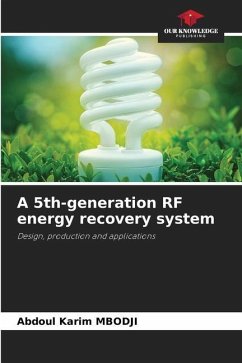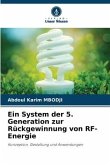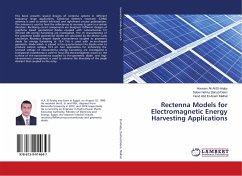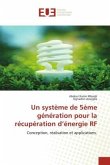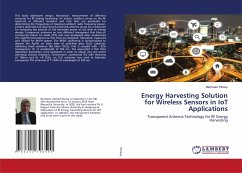This book is a way of helping to save energy and protect the environment. Indeed, any technology that reduces the use of batteries in these devices offers numerous advantages in terms of size, weight, maintenance and cost. From an ecological point of view, this technology limits their number (which is still increasing today) and therefore the associated risks of soil pollution and groundwater contamination, as well as recycling problems. In this book, we present the design of innovative multi-standard radio-frequency energy recovery systems to offer greater flexibility in powering autonomous sensors. The rectenna energy harvesting solution presented in this book consists of an antenna and a rectifier circuit. It is the specific subject of the studies carried out in this book. The design and construction of the rectennas presented in this book take into account constraints such as the limit of the energy consumption of the system.
Bitte wählen Sie Ihr Anliegen aus.
Rechnungen
Retourenschein anfordern
Bestellstatus
Storno

